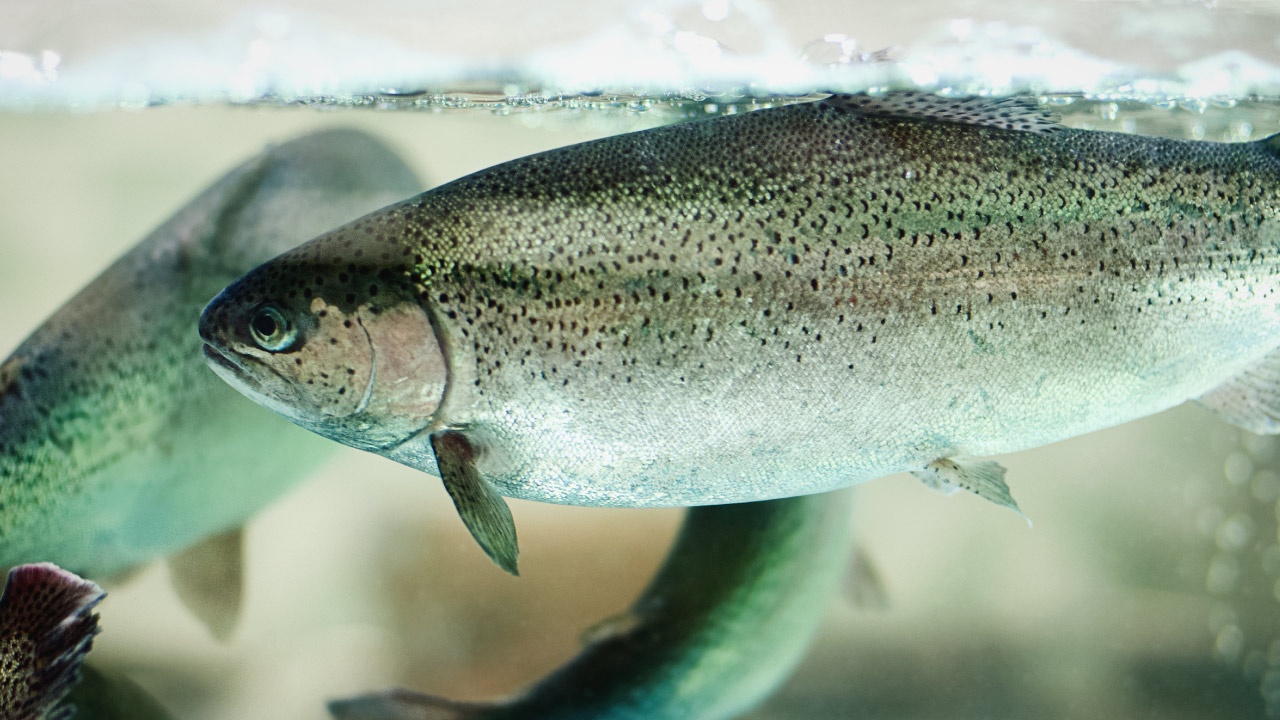
The European Aquaculture Advisory Council, which issues benchmark recommendations for aquaculture producers, has published the document "Code of Good Practices for Fish Welfare Among Aquaculture Producers."
As explained by the Advisory Council, this document was coordinated by Phil Brooke, Chairman of the Fish Welfare Focus Group and an expert from Compassion in World Farming EU.
The document aims to provide guidance on the scope and content of a code of good practices that ensures fish welfare at all stages of production, from breeding to ongrowing, from transport to slaughter. The code also seeks to recommend a wide range of reference materials, including guidelines from other entities such as the World Organisation for Animal Health and the Council of Europe.
The report addresses fish welfare from three interconnected dimensions: functional welfare, focusing on good health, free from disease and injury; natural behavior, reducing fear and frustration; and mental welfare, giving fish a good quality of life. The latter, as acknowledged, is more difficult to measure.
The code aspires to ensure welfare in all these areas, protecting fish from pain, anxiety, and stress.
General recommendations include incorporating relevant principles applicable to all species and systems. The guidelines should be based on the best available scientific evidence and practical experience.
They also recommend promoting training and knowledge exchange among producers, using combined input and outcome indicators based on the fish to measure welfare.
The document highlights the importance of welfare indicators for each critical phase as “horizontal measures”; contingency planning for handling emergencies; and staff training and maintaining detailed records to ensure traceability and fish welfare.
Specific aspects include addressing how feeding, physical environment, health, fish handling, transport, and slaughter should be managed. Each section of the report provides detailed recommendations to ensure practices that minimize suffering and promote fish welfare.
Regarding feeding, the code proposes respecting natural rhythms and minimizing stress and frustration for the fish. Water quality, population density, lighting, interaction with wildlife, and environmental enrichment are also considered.
Disease treatment, breeding, fish handling, and transport must be carried out ensuring welfare.
Go to the Code of Good Practices (Available in English):


